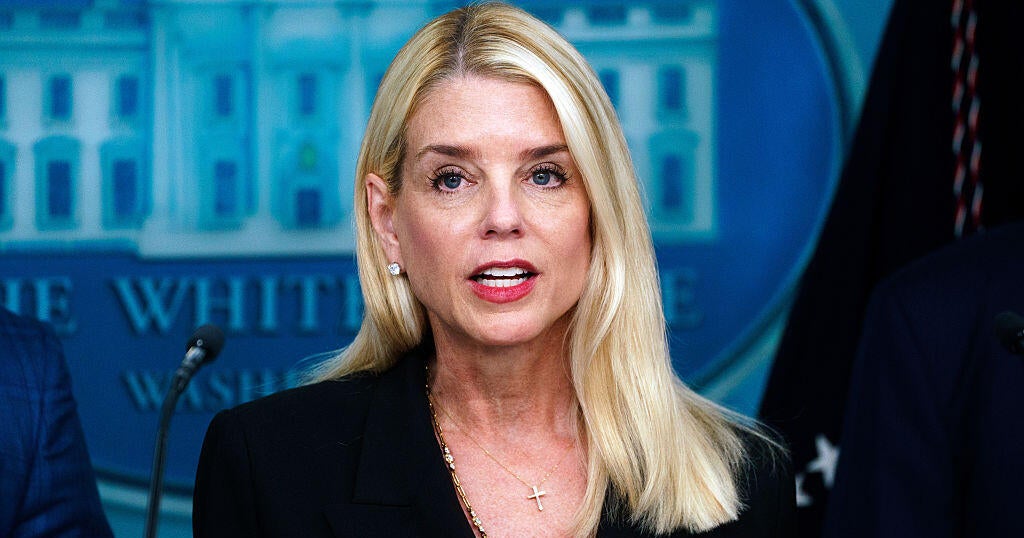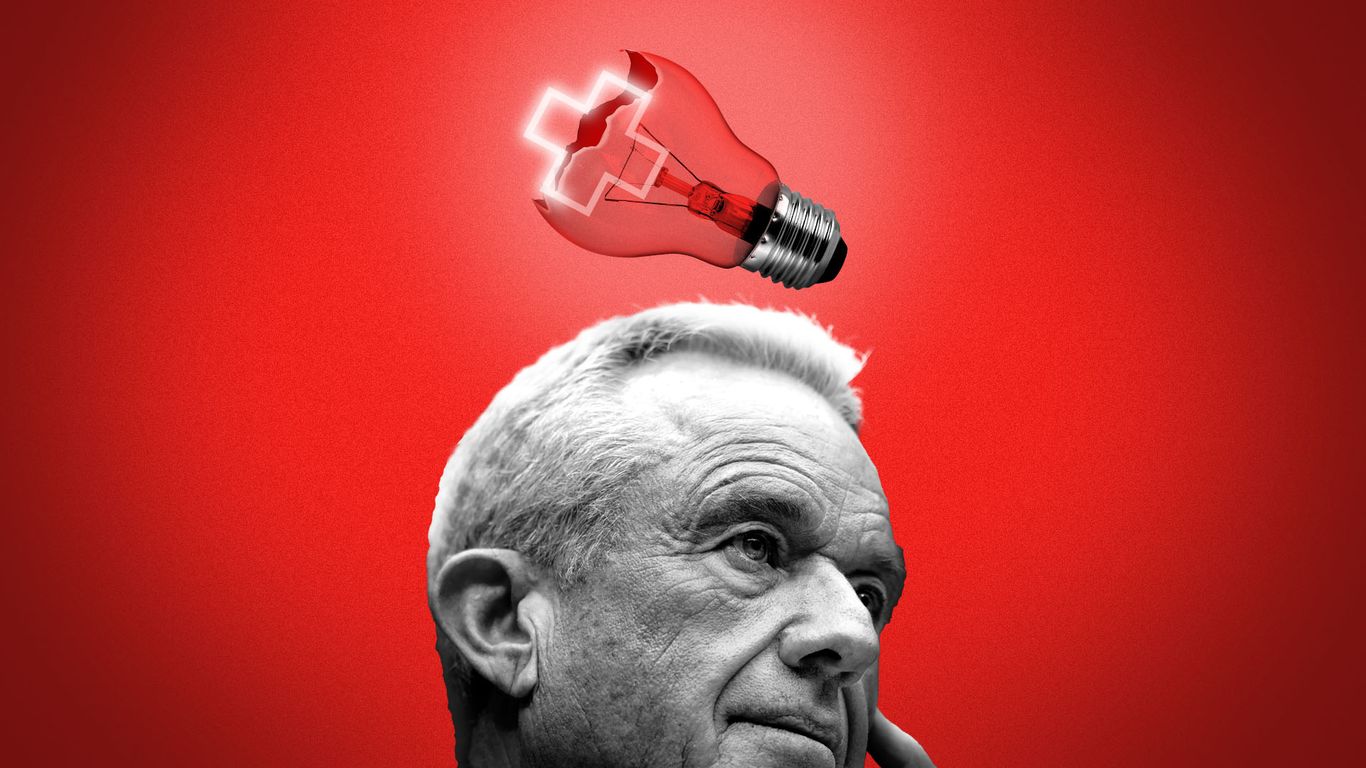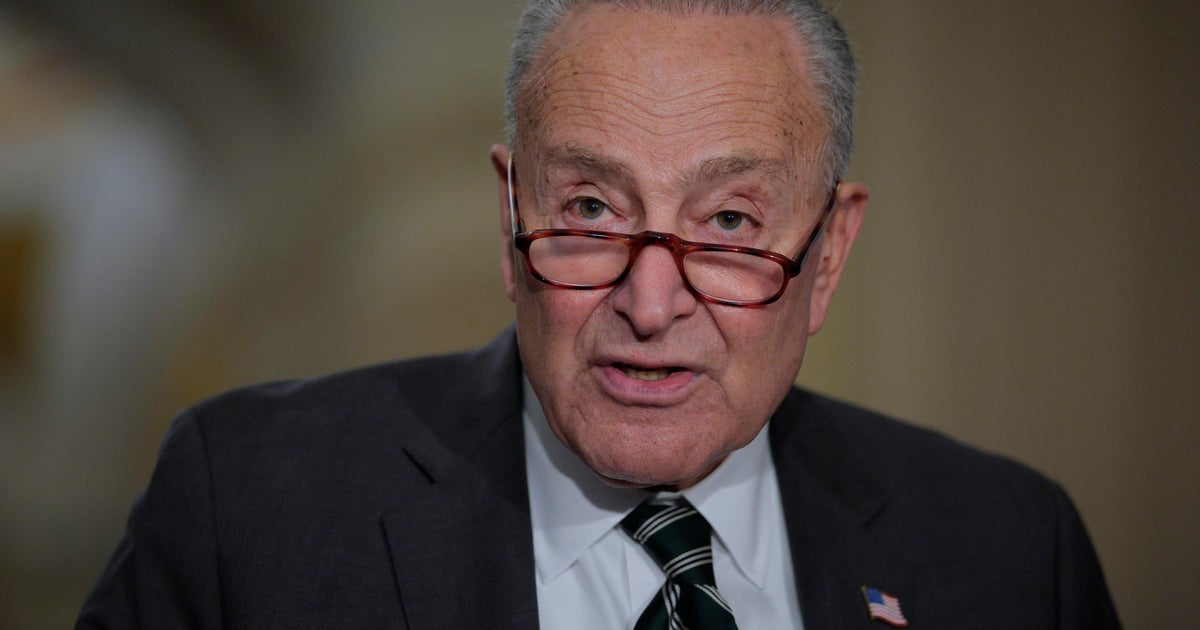US Supreme Court Allows Suspension of Medical Research Grants
#us supreme court #medical research #national institutes of health

Introduction
The US Supreme Court has recently allowed the Trump administration to suspend potentially millions of dollars in medical research grants that do not align with the president's policies. This decision has resulted in a divided court, with some arguing that it could have a significant impact on medical research and innovation in the country.
Key Details
The affected grants are provided by the National Institutes of Health (NIH), which is responsible for funding a wide range of medical research projects. These grants are crucial for the advancement of healthcare and the development of new treatments and cures. However, the administration has argued that some of these grants do not align with their policies and therefore should not be funded.
Impact
This decision could have a significant impact on the medical research community, as it could potentially cut off funding for important projects and hinder progress in the field. It could also have a chilling effect on future research, as scientists may be hesitant to pursue projects that may not align with the current administration's policies. This decision highlights the need for a balance between political agendas and the pursuit of scientific progress.
About the Organizations Mentioned
Trump administration
The **Trump administration** refers to the executive branch of the U.S. federal government during Donald J. Trump’s presidency, initially from January 20, 2017, to January 20, 2021, and resuming with his second term starting in 2025. It was characterized by a mix of aggressive domestic policies, significant judicial appointments, and a distinct foreign policy approach that emphasized "America First" principles[4][8]. The administration’s key activities included **tax reform**, notably passing the $3.2 trillion Tax Cuts and Jobs Act, which represented the largest overhaul of the U.S. tax code in decades[5]. Trump also renegotiated trade agreements with major economies including Mexico, Canada, China, Japan, and South Korea, prioritizing bilateral deals over multilateral ones such as the Trans-Pacific Partnership (TPP), which the administration withdrew from early on[1][2]. The administration sought to protect American jobs by restricting cheap foreign labor and influencing agencies like the Tennessee Valley Authority to retain American workers[5]. On the judicial front, the Trump administration appointed over 200 federal judges, including three Supreme Court justices—Neil Gorsuch, Brett Kavanaugh, and Amy Coney Barrett—shaping the judiciary for years to come[4]. These appointments were among the most significant achievements, influencing U.S. law on multiple fronts. In foreign policy, the administration pursued a controversial agenda: it imposed travel bans on several predominantly Muslim countries, withdrew U.S. troops from northern Syria, and supported Saudi Arabia militarily despite congressional opposition related to the Yemen conflict[1][3]. It also fostered new international technology alliances, such as securing commitments from allies to exclude Chinese telecom giant Huawei from 5G infrastructure and signing AI cooperation agreements with the UK[5]. The Trump administration faced substantial political turmoil, including two impeachments by the House of Representatives—first in 2019 over Ukraine dealings, and again in 2021 following the January
National Institutes of Health
The **National Institutes of Health (NIH)** is the United States' foremost federal agency dedicated to biomedical and public health research, operating under the Department of Health and Human Services. Established in 1887 initially as the Hygienic Laboratory, it has since evolved into the largest biomedical research funder globally, with an annual budget of approximately $47–48 billion and a workforce of about 18,700 employees[2][4][7]. NIH’s mission is to seek fundamental knowledge about living systems and apply that knowledge to enhance health, extend life, and reduce illness and disability. It achieves this by conducting direct research, funding studies at universities and hospitals nationwide, training scientists, and disseminating medical information[1][2][7]. The agency comprises 27 specialized Institutes and Centers (ICs), each focused on specific diseases or biological systems, such as cancer, heart disease, infectious diseases, aging, and neurological disorders[1][3][8]. Key historical milestones include its formalization as the nation’s primary medical research agency in 1944 under the Public Health Service Act and major expansions during the mid-20th century. One of its landmark achievements was leading the Human Genome Project (1990–2003), which mapped the human DNA sequence and revolutionized genetics and personalized medicine[2][3]. NIH research has contributed to many medical breakthroughs, including vaccines for hepatitis, human papillomavirus (HPV), and bacterial infections, as well as treatments for bipolar disorder and tooth decay prevention[3]. Its intramural research program is the world’s largest biomedical research enterprise, while its extramural funding supports over a quarter of all U.S. biomedical research annually[3]. Located primarily in Bethesda, Maryland, with facilities nationwide, NIH is noted for its scientific rigor, public accountability, and fostering innovation that drives advances in biotechnology, pharmaceuticals, and healthcare. It remains a critical institution at the intersection of science, technology, and public health polic













